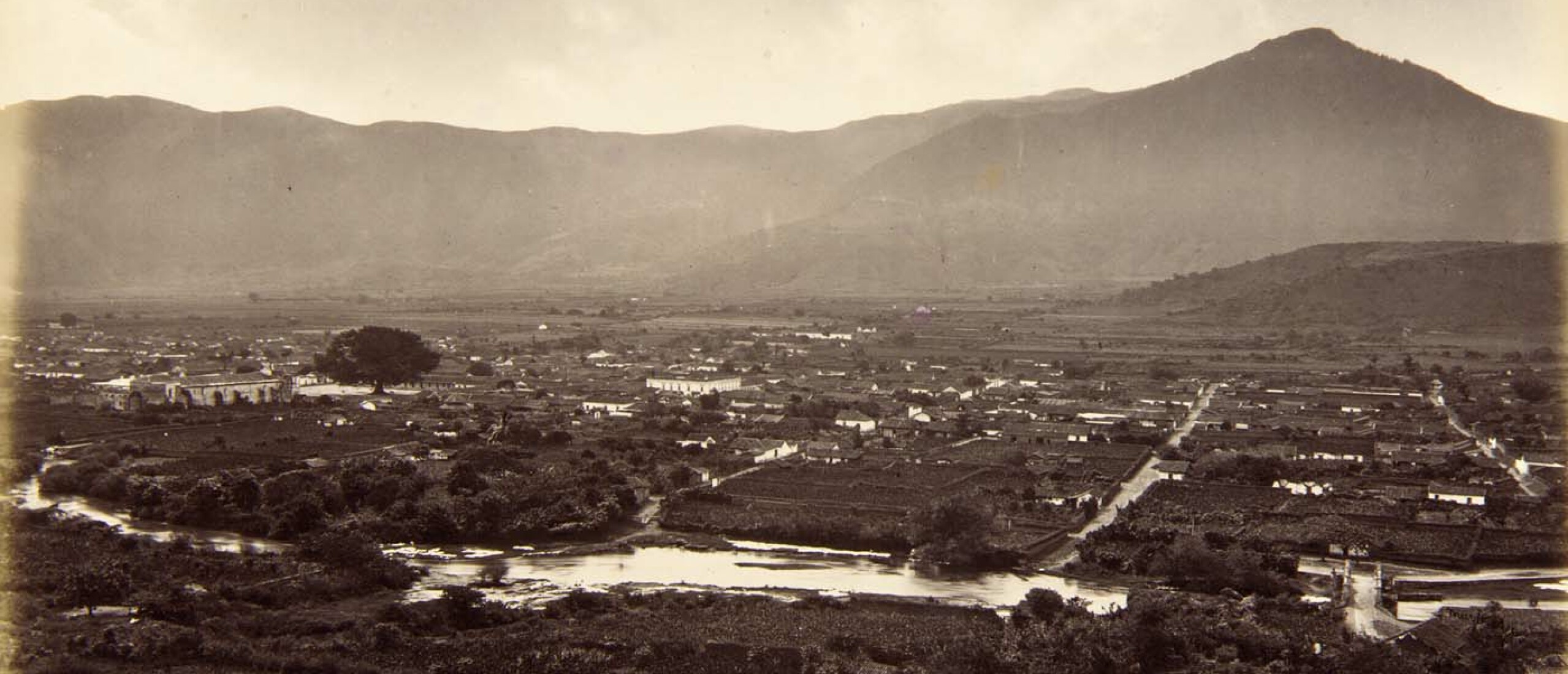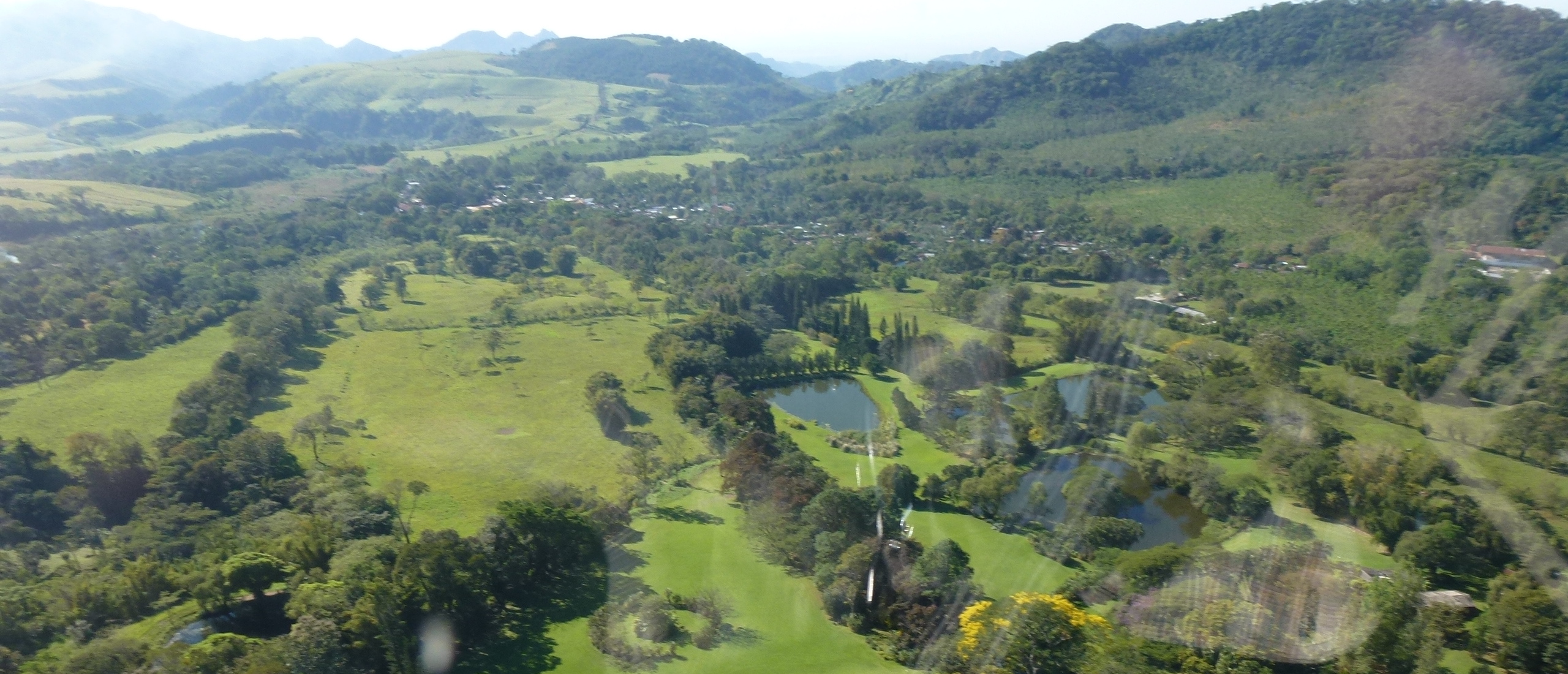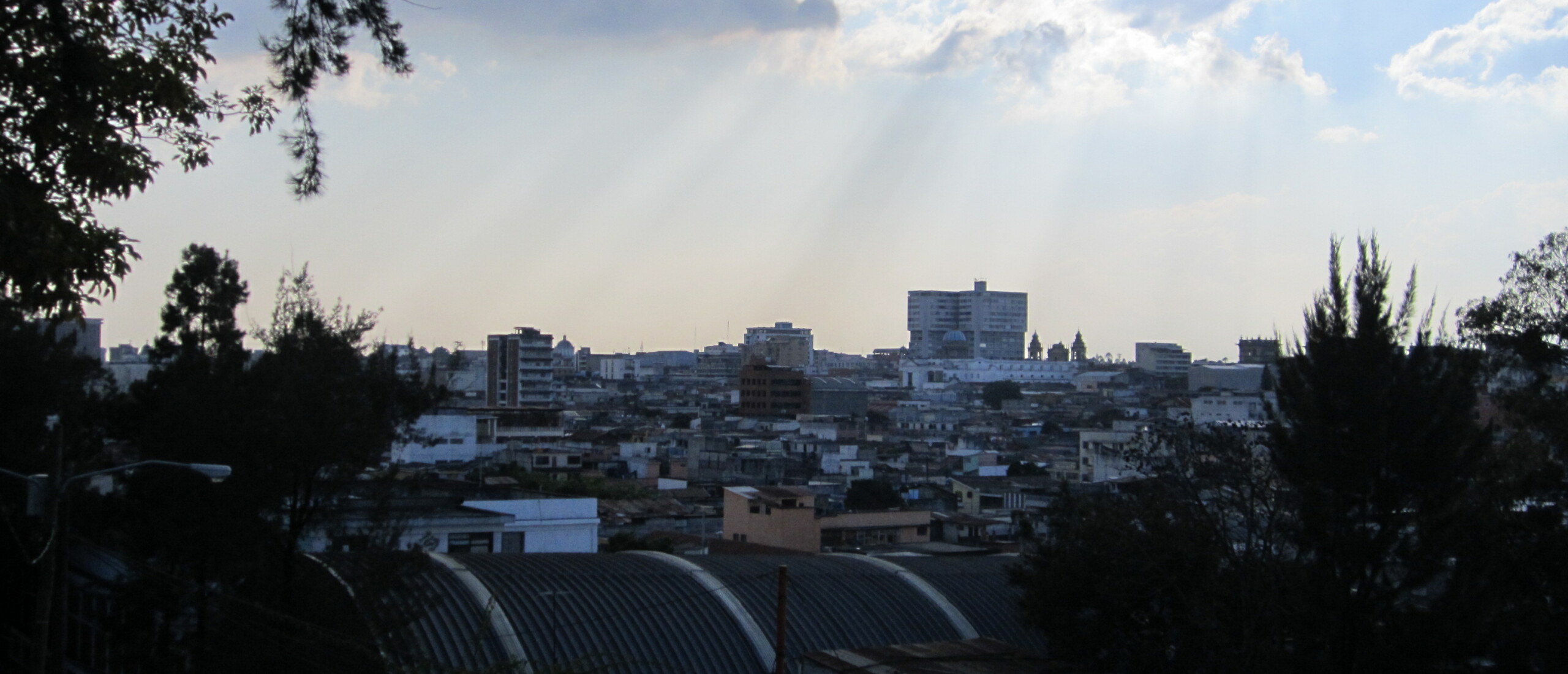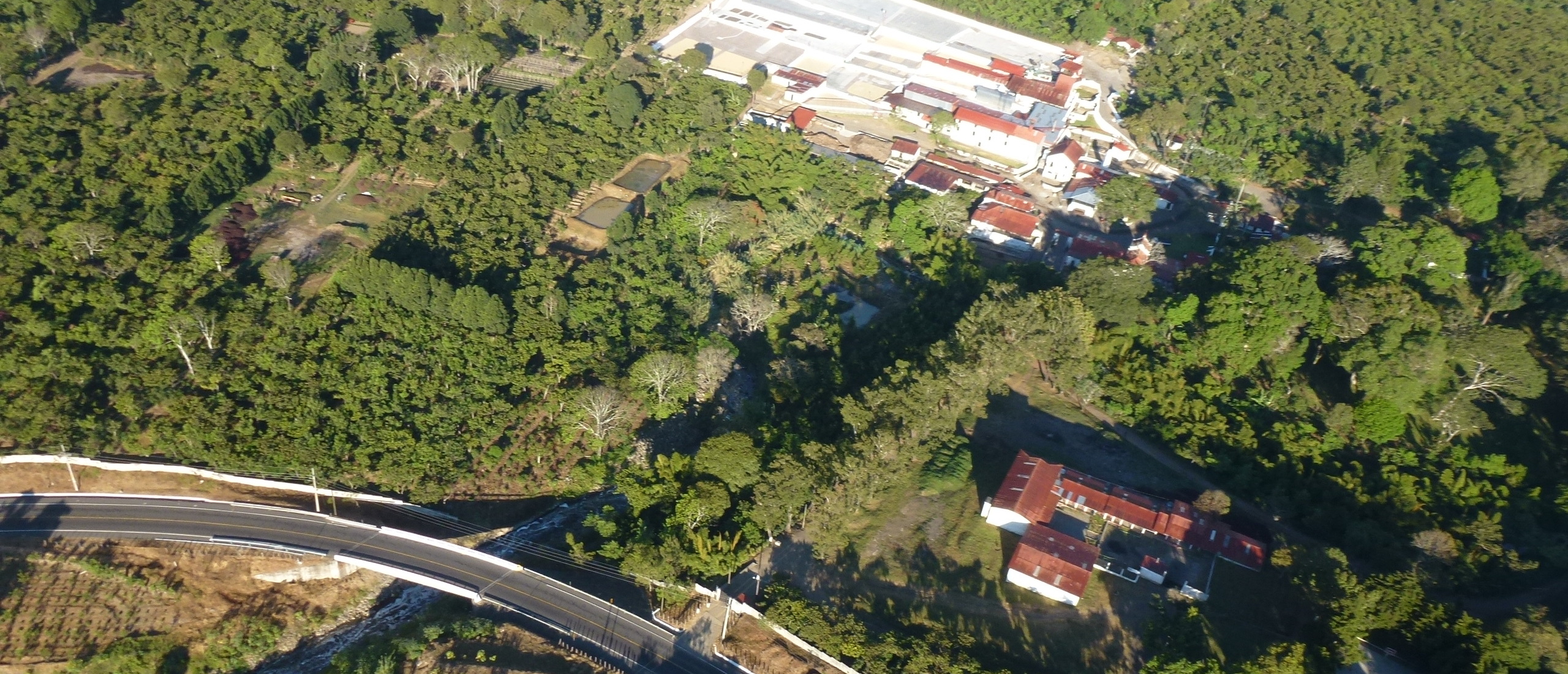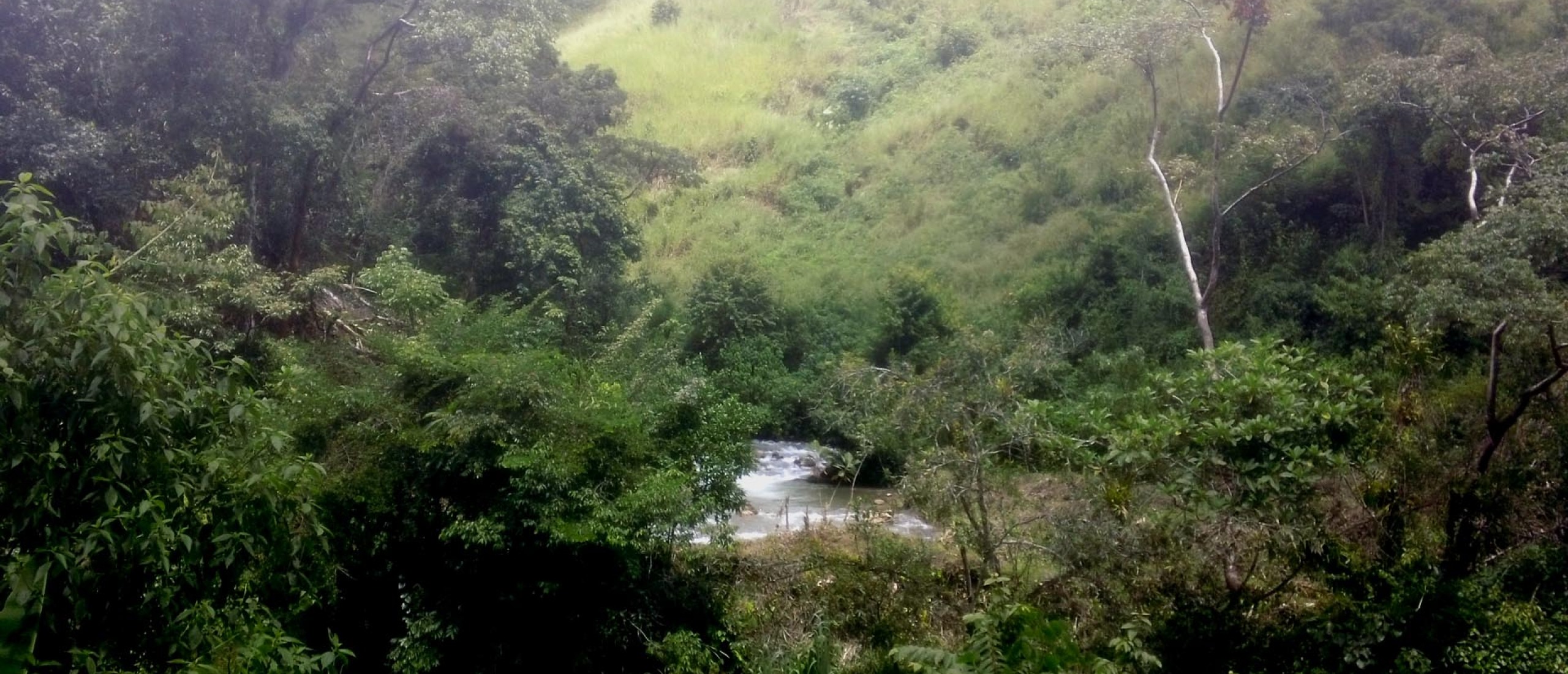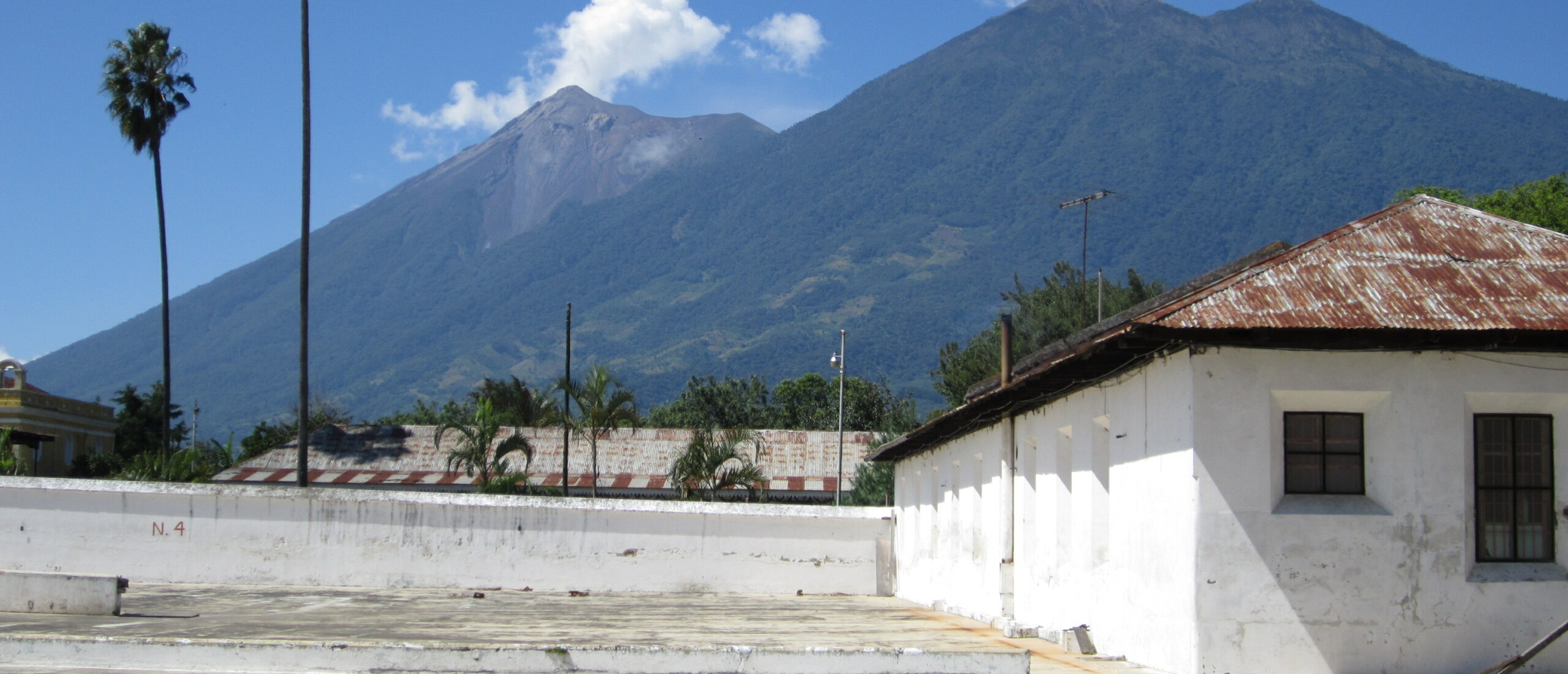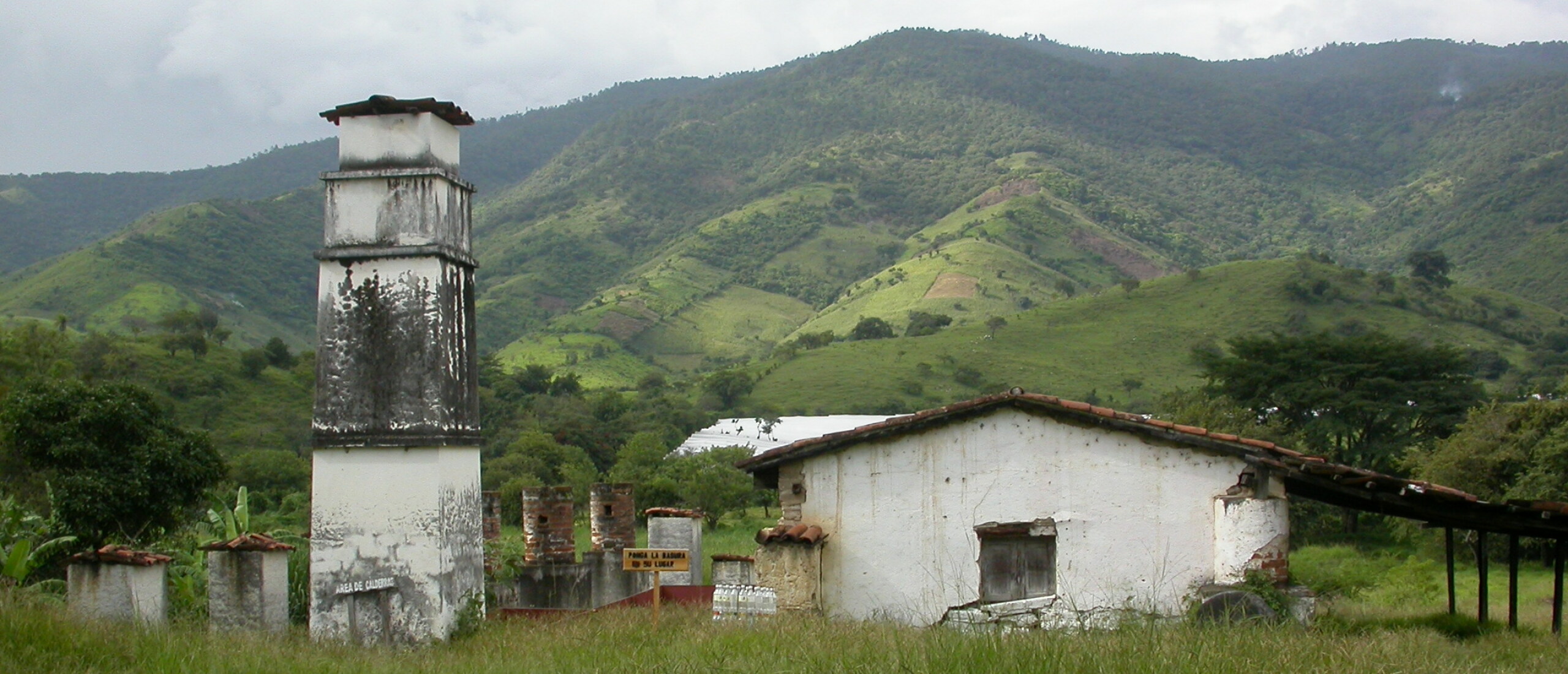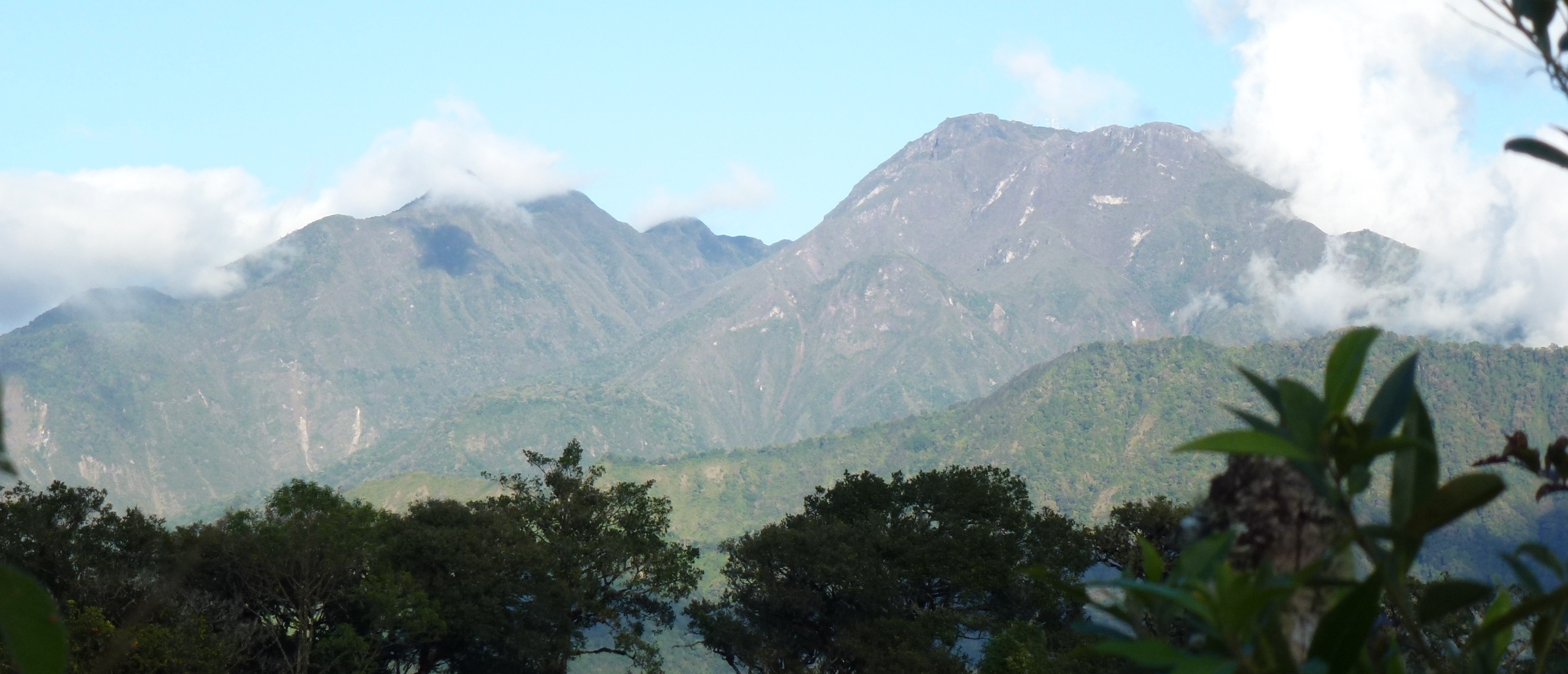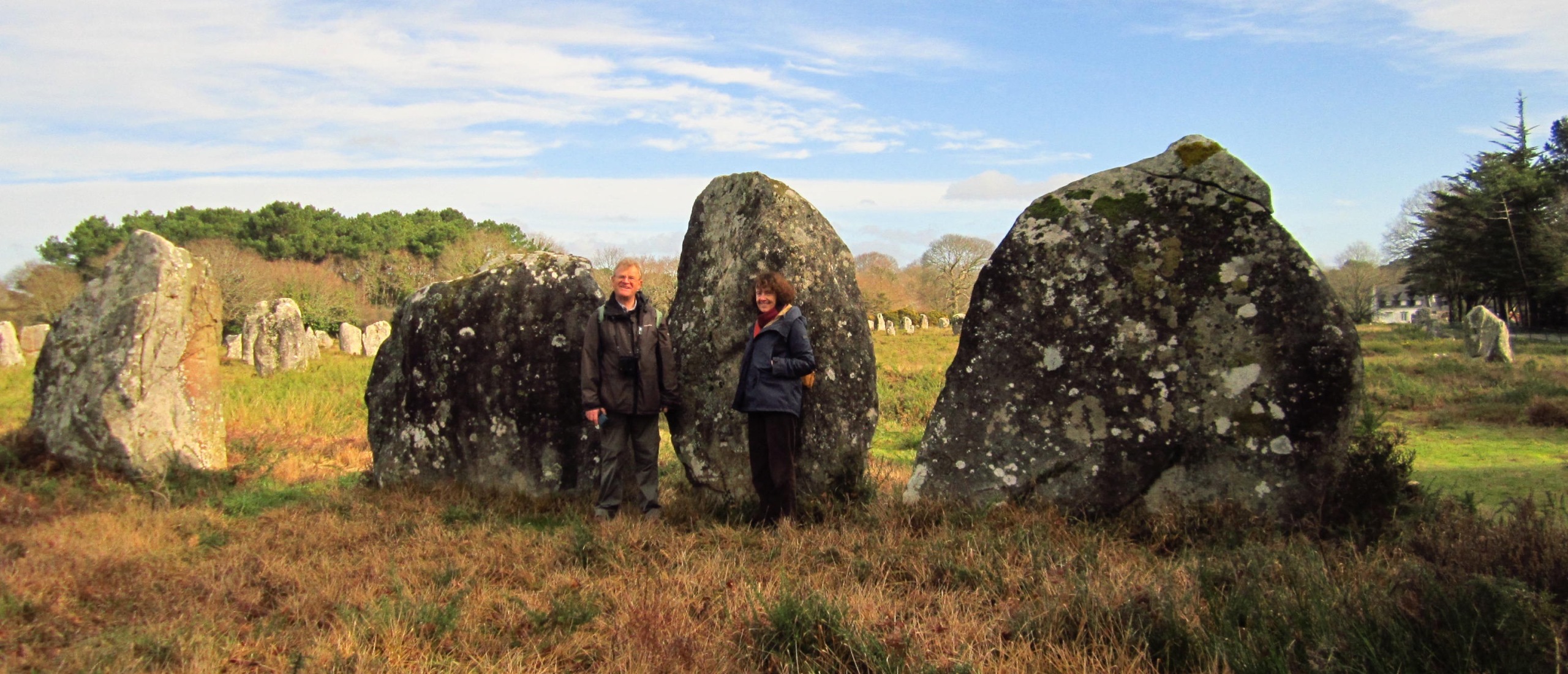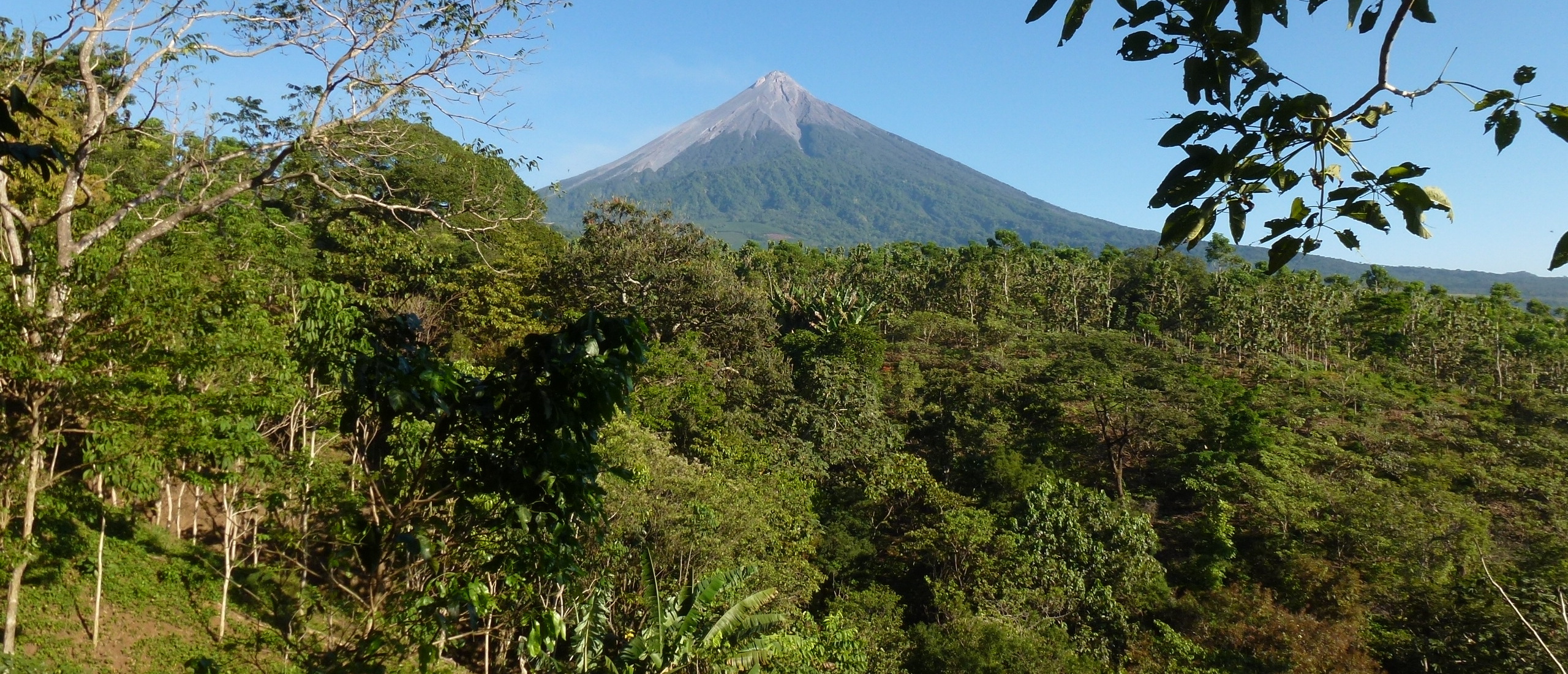
Today's post contains the next of my great grandfather George Charles Champion's letters from Guatemala, this one (like the last) being from the Finca El Zapote, on the southern slopes of the active Volcan de Fuego. A little research regarding the final paragraph: Address still care of Señor Don Juan Magee (who by the way originally came out here to collect orchids for Veitch and afterwards settled down in this country) ....has led me to the most fascinating of stories. It turns out that Señor Don Juan Magee, who was British Consul in Guatemala for many years, had a very colourful life indeed. An article from The New York Times of 16th January 1900 reads as follows: JOHN MAGEE IS DEAD San Francisco, Jan. 15th. There died in this city to-day John Magee, who is credited with having caused the guns of two British men-of-war to turn on the city of Guatemala twenty-five years ago, compelling the Guatemalan government to pay $50,000 to Mr. Magee, who at that time was acting as the British Consul in that country. Magee incurred the hatred of Rufino Barrios (then President of Guatemala), who, it is reported, hired some thugs to thrash the Consul. Magee was waylaid and beaten. The British Government, through the Consul, demanded $50,000 and kept the guns of the British warships trained on the city until it was paid. Magee invested the money in paying property and died a millionnaire. Mr. Magee arrived in this city from Paris, en route to Guatemala, on Jan 6th, and was taken ill with liver complaint. His family is in Paris. Those were the days of real gunboat diplomacy - I cannot see today's cash-starved and drastically depleted Royal Navy training its few remaining guns on Guatemala City if British diplomats were threatened! The other fascinating reference my great grandfather makes is to plant collectors and nursery Veitch. A page from Exeter City Council's website gives quite extensive background details about the Veitch family. Please click on appropriate Links for further details: The House of Veitch had won international acclaim for its plant introductions, floral displays, landscaping schemes and husbandry but perhaps the most important legacy it has left is the wide range of plants introduced via hybridisation. The majority of the plants sent back by the collectors were usually successful in their own right, but often subtle changes had to be made to the plant’s genetic make-up to improve colour, hardiness or foliage for a thriving commercial market. In the case of the orchids, a very lucrative market could be entertained with the production of new colours and it was in this particular field that the Veitch company excelled. With plants, including orchids, being sent to Exeter and Chelsea from all over the world the opportunities to create a perfect plant were endless and the three hybridists employed by James, Robert and Harry Veitch excelled at it. John Dominy, John Seden and John Heal all worked as nurserymen, but in typical Veitch fashion, they were promptly moved to specialist duties after showing a particular aptitude or a desire to learn.....
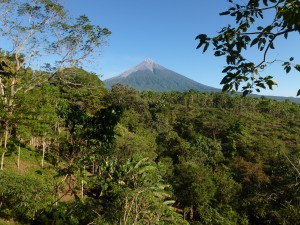 The Volcan de Fuego from very near El Zapote
The Volcan de Fuego from very near El Zapote
El Zapote, Guatemala June 8th, 1879 My dear Mother, At last a letter from you and by same post, two from Mr. Godman and one from Mr Salvin; was very glad to hear that things are going smoothly at home during my temporary absence. As regards my own movements, have but little to report, am still with Señor Joaquim at Zapote, but don’t suppose I shall be here more than another fortnight, the place does not agree very well with me, it is either diarrhoea or indigestion the whole time, and now the rainy season has set in. It is very humid and damp, more so than it would be in Capetillo or Dueñas. I almost envy you the weather in England now, the rains are so heavy in this part of the world. No fear I think of the old complaint (probably hay fever, an affliction GCC suffered severely from throughout his life), it is too humid; as for dust, there is none, rather too much mud. I get on well enough with the people now, and can just speak a little Spanish, money is the sole theme of conversation with them, they have not the least idea of living in the country for pleasure, solely for business; if a man is rich enough to retire, he goes to the large towns, never to the country to live. Don Joaquim lives principally in Antigua, spends a few days at Zapote, then back again to the town, he has no less than 450 men. I have been several times to the coffee estate in San Felipe, which is I think the hottest place I have ever been in, pineapples do very well here, but they are not much to my liking, very large and white flesh. I like the other smaller kind better, of which there are plenty in Guatemala. People call me now Señor Don Jorge (pronounced Horky) Champion; everybody is addressed as Don in this country. The difficulty of travelling (especially with luggage) is very great in this country, fancy 2 days to go 60 miles. I ought to go to Guatemala for a short time, but cannot. Had I not had friends to help me, I don’t know what I should have done; as it is, I find it a hard task at present. Travelling expenses are also very heavy, though my expenses while with the people of Capetillo and Zapote amount to next to nothing. Postage is also a heavy item, shall have upwards of £1 to pay when I return to Guatemala for the few letters received. I told Marsh and Walker that they could always send a letter for you to enclose with yours, two or three will come in one, if on thin paper. I have not yet brought a horse or mule, they are so dear, £20 - £25, nor engaged a servant, but on my next trip from Guatemala, shall require one, especially if I go to Alotepeque: this is a three-day journey. The roads are awful, you cannot walk a quarter of a mile with the least pleasure. Should like to get some of the ferns I find here home, but do not see how I can, another thing they would not live except in a stove, there are one or two begonias also here, but they are not very striking. I went the other day to Los Diamantes with Don Joaquim; this place is a little more open, though less elevated, but shall not go there to stop, it will not do. There is a fine view of the coast region (tierra caliente), the sea board, etc. for many miles; the sea is very plainly seen, owing to the elevation, though it is nearly 50 miles distant. Am doing a little better for Mr. Salvin, but not much, still this is the most likely place hereabouts, so do not like to leave just yet. I wrote only about a week ago so have not much to tell you, a newspaper now and then would be acceptable, and perhaps you might send on one or two of the green magazines, but not the other heavy ones, that have probably come by post. I get these from the post for about 3d. Sunday is a busy day in these places, they pay wages on Sunday morning, many of the workpeople only earn 8/- or 9/- a week and are married with families, they live almost entirely on rice, maize and frijoles, the Indians are little better than slaves, no notion of doing anything for themselves, many sleep in the open air and have not a home. They are not bad looking. I envy them their teeth. The descendants of the Spaniards are as white as we are, but nearly all are very thin in the face and not so healthy looking as the English. The ranchos are without any chimney, partly open at the side to let out the smoke, of course, without windows or other aperture, besides the door, the bare earth for a floor; the better houses like this have doors or shutters, very rarely windows, and when you wake up in the morning, all is darkness, you don’t know the time. The Guatemaltecos are not fond of light, nor of soap and water. They have no idea of washing more than once a day at the outside, many I believe rarely undress themselves to go to bed. They never set about doing anything in earnest or at any particular time, they are very dilatory indeed in everything they do, even to taking their meals, you never know within an hour or two when they will have dinner; as for the servants, I think they would drive me crazy. I greatly miss tea and beer, water is not always good, so there is nothing to drink but coffee, which I have four times a day. Occasionally we get bread but not often, we have maize instead. In the elevated regions of Los Altos, Quetzaltenango, where I shall probably go later on, there is plenty of wheat, also potatoes, it will seem more like England then, perhaps. I miss the flowers in England; at this time of year in this tropical country, there are scarcely any, plenty of green, but nothing to relieve it. It is much cooler now, the rainy season is called winter here, much more cloudy and less sun, we rarely see the tops of the mountains or the volcanoes, always enveloped in clouds. Good Friday, and my birthday, oddly enough, I spent with Mr. Blancaneaux, first with him in the ravines near Guatemala (the sun was fearfully hot I know), then later on the mountains near Capetillo. Address still care of Señor Don Juan Magee (who by the way originally came out here to collect orchids for Veitch and afterwards settled down in this country). I am, Yours affectionately, &c.



